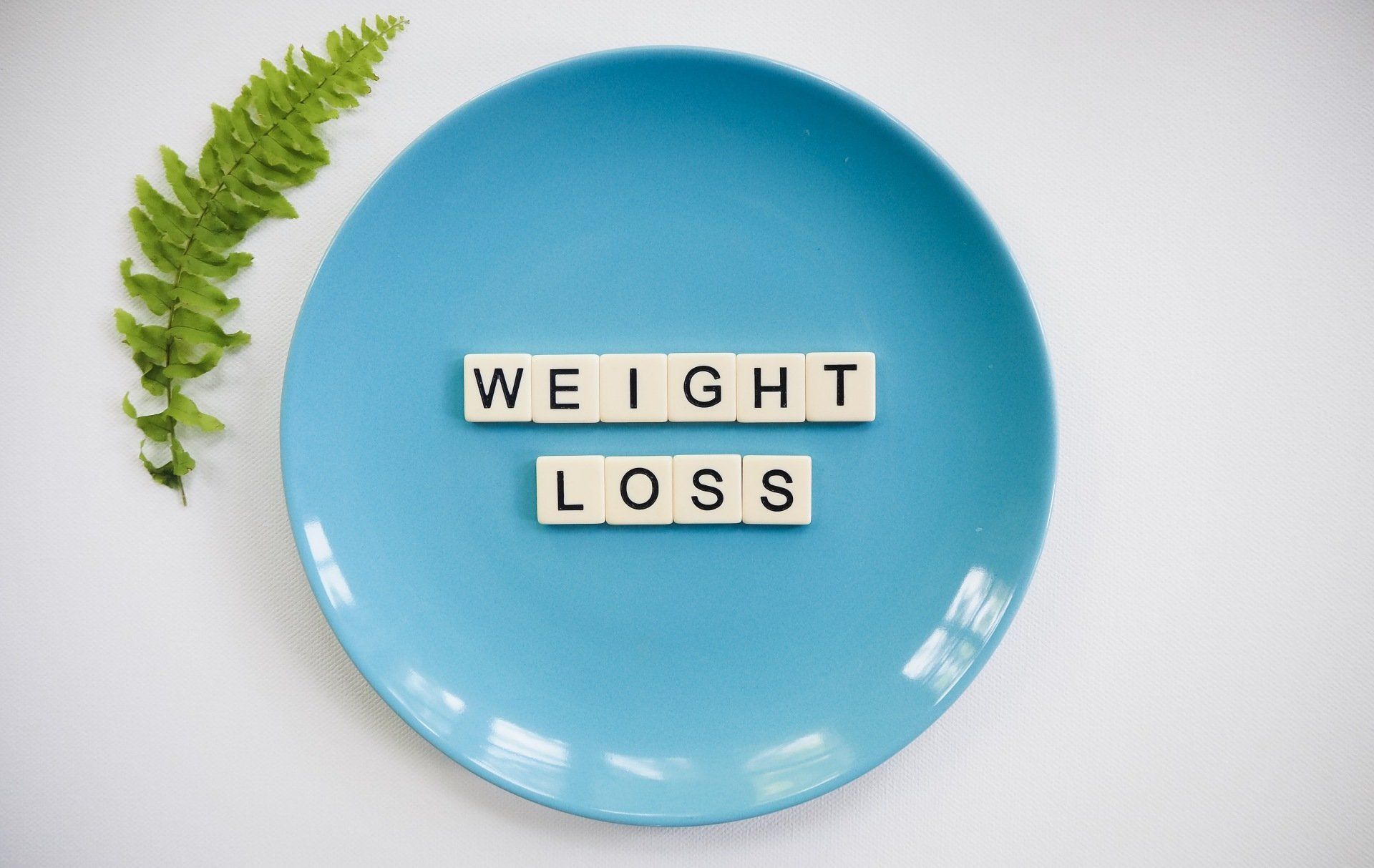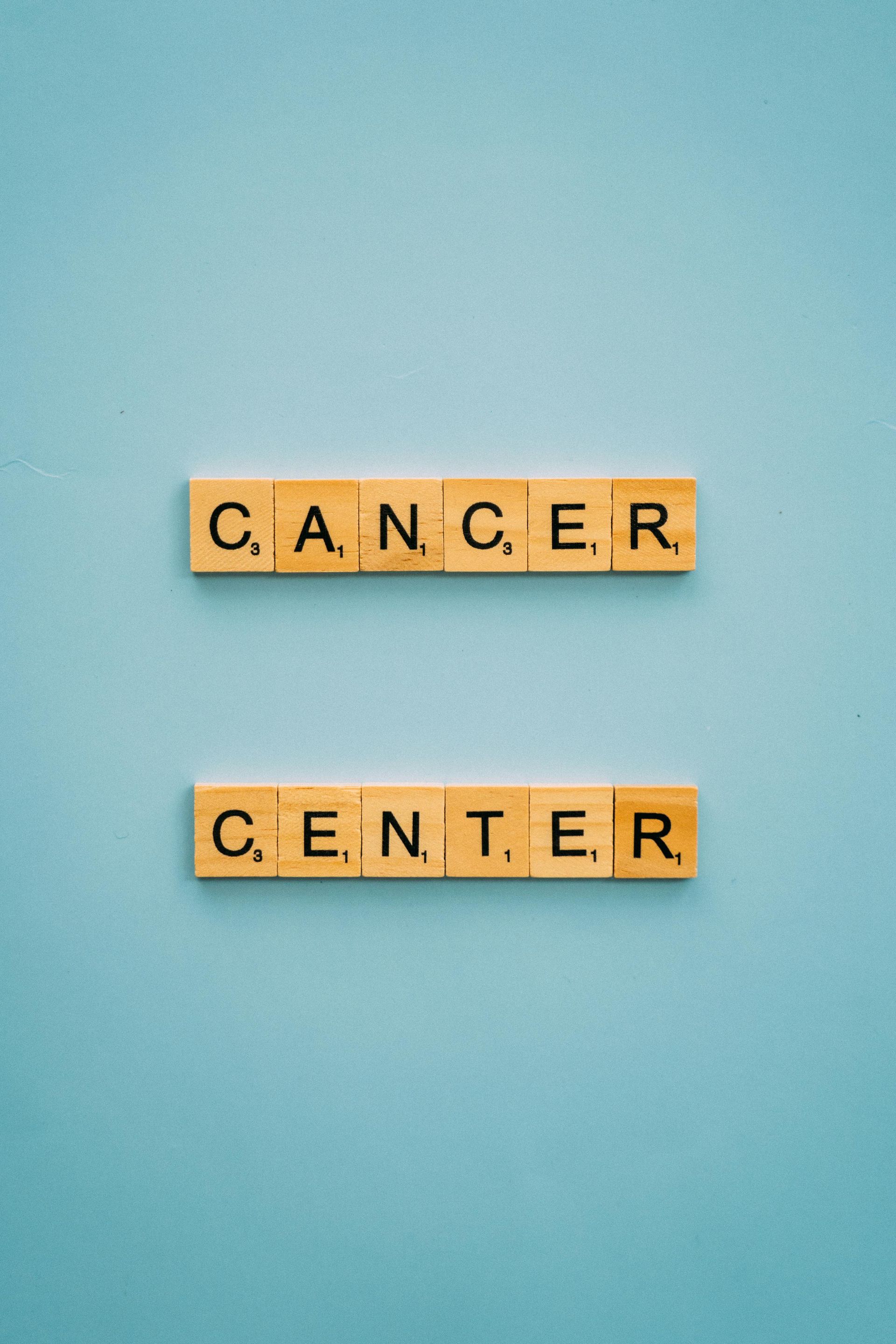CARBOHYDRATES AND THE IMMUNE SYSTEM , WHY IT MATTERS
INTRODUCING THE PLAYERS
The immune system of the body depends on many players.
One special type of player lives within our blood, and they are called leucocytes.
Leucocytes are white blood cells, also known as WBC. These WBCs are responsible for defending our bodies from foreign attackers such as bacteria and viral infections.
Like fruits, where you can choose between apples, oranges, berries and bananas, there are several types of white blood cells. There are neutrophils, lymphocytes , eosinophils , basophils, monocytes, and macrophages. They all look different and all have different job descriptions. The most abundant ones are the neutrophils and the lymphocytes.
Neutrophils protect us from bacteria. They “eat” them. But when blood glucose goes up, this ability to eat bacteria (Phagocytosis= phago /to eat—cyto-cells) becomes weak, and the patient becomes susceptible and catch bacterial infections easily. This is why diabetics often have a hard time healing from bacteria infected wounds.
Lymphocytes attack bacteria and viruses, produce antibodies, and attack cancer cells.
LYMPHOCYTES
There are B - lymphocytes which produce antibodies, and there are T -lymphocytes which play a big role in activating the immune system.
The T lymphocytes when activated, depend heavily on glucose for their energy. They just love glucose, which is a common type of dietary sugar.
When T lymphocytes sense an excess supply of glucose, there is a corresponding activation of the cell’s glucose transporter system also known as GLUT1. This increase in GLUT1 allows more glucose to enter the T lymphocytes.
WHY BOOSTING THE IMMUNE SYSTEM IS NOT ALWAYS A GOOD IDEA
The metabolic requirements increase and the immune system becomes HYPERACTIVE.
We often hear people say that they have to “rev” up our immune systems in order to become healthy. However, is a hyperactive immune system always good? Contrary to popular belief, too much activation of the immune system is not good for you because it can lead to diseases like cancer and autoimmune disease.
Ordinarily, the body defenses attack invaders like bacteria and viruses but when the immune system is overstimulated, the body might begin to attack itself.
Cell growth and multiplication goes into overdrive and can trigger cancer. The process of cell death or apoptosis gets messed up and cells no longer die.
Not only does this trigger cancer growth, the inflammation also causes cancer to start spreading to other organs , a phenomenon that we call "metastases".
Hyperglycemia (too much glucose in the blood) therefore can promote inflammation, development of autoimmune disease and cancer! Glucose stimulates insulin release, and insulin interacts with insulin receptors that trigger the release of tumor signaling . More glycolysis occurs and more cancer growth!
How glucose stimulates cancer growth (solid line arrows mean to stimulate, broken line arrows mean to inhibit). How the Ketogenic diet can help. Tumor signals (PI3k, Kat, mtor, ampk). MMP breaks down cell barriers and allow cells to spread. IGF - insulin growth factor.
Luckily, when we take in less glucose, we can slow down this influx of energy. And with the low glucose levels, we trigger a self defense mechanism called apoptosis or spontaneous cell death, which balances out all this excess cell growth.
A CANCER IS BORN
The increased inflammation also makes cancer cell genes unstable and develop more genetic defects. These defects make these cancer cells become resistant to chemotherapy and hormone therapy.
Tumor cells become wise and develop new blood vessels of their own, increasing their chances of survival. This is why cancer is like a parasite, it develops its own blood supply, its own mind, and its own life!!!
Blood cells can do the same. New cells are born and they overtake the number of dying cells. Bone marrow spaces become quickly over crowded with immature cells which have no choice but to be pushed out into the blood stream before they are ready.
So next time your sweet tooth craves for something, think twice. You don't want to turn on an unwanted switch!
- Coffelt SB, De Visser KE. Cancer: Inflammation lights the way to metastasis. Nature. 2014;507(7490):48-49. doi:10.1038/nature13062.
- Calder PC, Dimitriadis G, Newsholme P. Glucose metabolism in lymphoid and inflammatory cells and tissues. Curr Opin Clin Nutr Metab Care. 2007;10(4):531-540. doi:10.1097/MCO.0b013e3281e72ad4.
- Allavena P, Garlanda C, Borrello MG, Sica A, Mantovani A. Pathways connecting inflammation and cancer. Curr Opin Genet Dev. 2008;18(1):3-10. doi:10.1016/j.gde.2008.01.003.
- Colotta F, Allavena P, Sica A, Garlanda C, Mantovani A. Cancer-related inflammation, the seventh hallmark of cancer: Links to genetic instability. Carcinogenesis. 2009;30(7):1073-1081. doi:10.1093/carcin/bgp127.
- Maciver NJ, Jacobs SR, Wieman HL, Wofford J a, Coloff JL, Rathmell JC. Glucose metabolism in lymphocytes is a regulated process with significant effects on immune cell function and survival. J Leukoc Biol. 2008;84(4):949-957. doi:10.1189/jlb.0108024.






